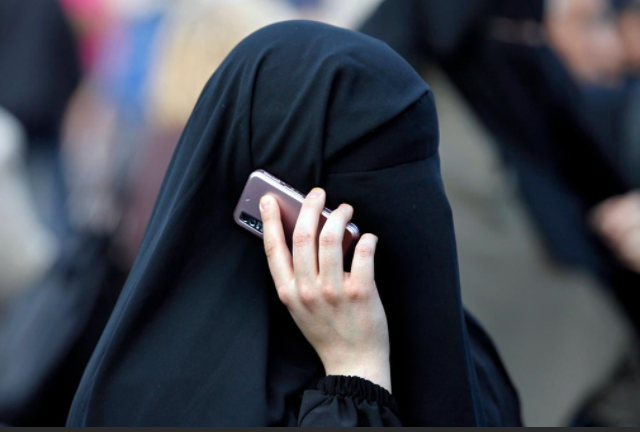Women’s reservation bill: Reserving seats instead of candidates is not in the best interests of the nation


Government intervention is necessary, at least for a short time to address key structural issues in a society until it is no longer needed. However, the concept of reservation has taken on a life of its own in Bharath, hurting its national interests, its advancement. What started as a 10 years period of reservation for Scheduled castes and tribes has now become a perpetual reservation even when there are those in other communities whose situation is no different for generations since independence. This was extended to backward castes that today people are identified with labels of ‘caste’ fueling divisions in the society based on their ancestral occupations that have little relevance to today’s realities. Instead of addressing primary education we went about reserving seats in higher education and jobs that deprives many deserving candidates whose economic plight is no different that those who benefit from the ‘reserved’ category. It seems Indian democracy is too afflicted with the disease of reservations. We are not building a nation of equal opportunity for all citizens, but a citizens of classes where one class takes advantage of the other solely based on their ancestry, no matter how much things have changed.
No one contends that there is a strong need for larger representation of women in the political arena but is the situation dire that there needs to reserve 33% of seats at all levels. Are we now going to assign certain constituencies, even if we devise a rotating scheme, as only available for female candidates? Per media reports, today there are 14% of women in Lok sabha and Rajya Sabha and while this needs to be improved and this can be easily improved by encouraging or even mandating a certain number of women candidates by all parties contesting in national elections. This is what is called Gill’s formula who was a Chief Election commissioner and who is believed to have suggested this. This kind of arrangement would motivate parties to field best candidates for the seats instead of assigning a constituency based on gender which deprives a deserving male candidate. At least this should have been given a chance before we rush into reserving constituencies.
The situation in State assemblies where the situation is much lacking, particularly in states with poor records such as Kerala, Karnataka, Tamilnadu, Assam, perhaps a combination can be used where the parties have to give a certain number of tickets to women candidates with a percentage of constituencies assigned for female candidates a certain period of time. Such careful schemes can be designed at Panchayat elections instead of one formula at all levels.
Our goal should be that we should not sacrifice getting the best people running the institutions of the country while being sensitive to the realities of the ground. We cannot expect to become a superPower, or even accelerate to improve our economy unless we get those with the best capabilities to rise to the top. We cannot build a nation of people who strongly identify with their nation unless we remove the system that identifies citizens with labels and we cannot address inequalities by replacing them with other inequalities.
DISCLAIMER: The author is solely responsible for the views expressed in this article. The author carries the responsibility for citing and/or licensing of images utilized within the text.
